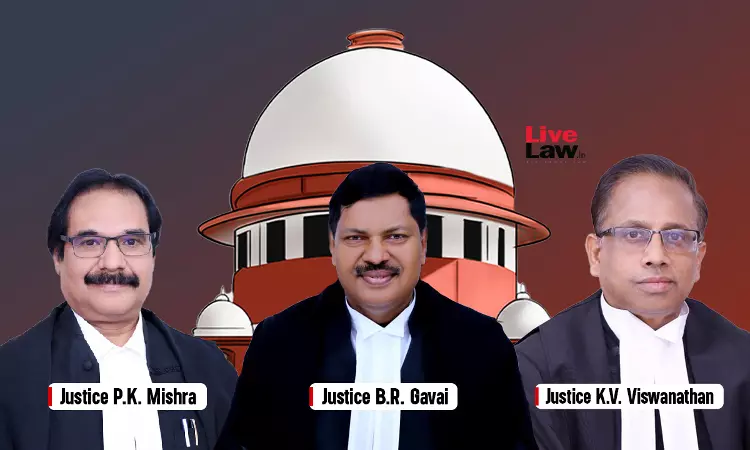Press Release Of Govt Not 'Law' As Per Power Purchase Agreement : Supreme Court
LIVELAW NEWS NETWORK
6 Nov 2024 7:15 PM IST

Next Story
6 Nov 2024 7:15 PM IST
The Supreme Court recently held that a press release issued by the Government of India about certain changes in the mega power policy did not constitute 'law' and 'change in law' in terms of a Power Purchase Agreement."The press release of 01.10.2009 certainly does not fulfil the meaning of the word “order” as understood in legal parlance," the Court observed."In our considered opinion,...
